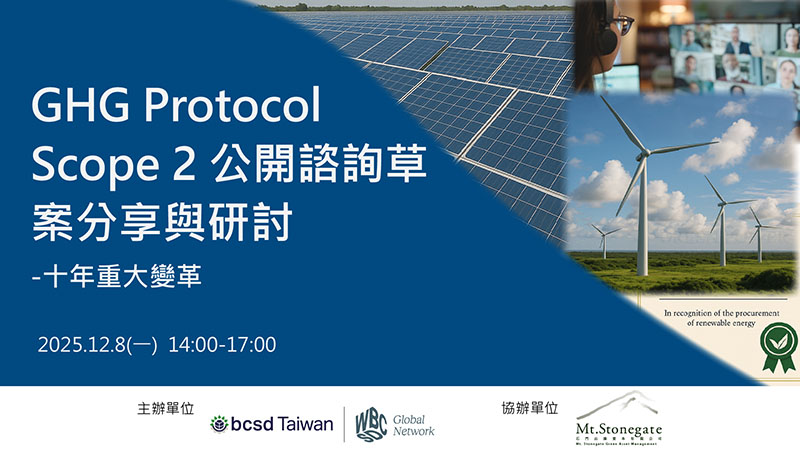Post Event Highlights: RECs Market Meeting (RMM) 2025
- Apr 16, 2025
- 2 min read
Written by: William DANIEL
Verified by: George KIONGSON

The 13th REC Market Meeting (RMM), held on April 8-9, 2025, in Amsterdam, brought together global experts and stakeholders in the renewable energy certificates (REC) market to explore the evolving role of Energy Attribute Certificates (EACs) in decarbonization. Among the most anticipated sessions was "What Could Change in the Greenhouse Gas Protocol?", which examined proposed updates to one of the world's most influential emissions reporting frameworks.
Key Highlights: Navigating the Future of Scope 2 Accounting

The session featured a distinguished panel including Dr. Jules Chuang, Managing Director of Mt. Stonegate adn a member of the GHG Protocol Scope 2 Technical Working Group. Speaking alongside Devon Johnson (Center for Resource Solutions) and Roble Velasco-Rosenheim (I-Track Foundation), Dr. Chuang shared critical insights into the potential impacts of revisions to the GHG protocol on the Global EAC market.
Dr. Chuang emphasized the importance on ensuring that any updates to Scope 2 accounting maintain the inclusivity and global applicability of the standard - especially for emerging markets and cross-border renewable procurement strateges. He cautioned against revisions that could unintentionally create barriers for corporates operating in diverse geographies with limited market instruments.
Mt. Stonegate's Position: Ensuring Integrity Without Exclusion

Represanting Mt. Stonegate's perspective, Dr. Chuang reiterated the company's stance that:
The GHG protocol should remain inclusive, reflecting the realities of both advanced and developing markets.
It must prioritize transparency, fairness, and practicality in tracking renewable electricity usage.
Revisions should avoid overly prescriptive requirements that risk disinfecting companies using credible EAC systems in markets where infrastructure or policy is still emerging.
Mt Stonegate supports stronger safeguards and more rigorous standards - but only if they are designed in a way that strengthens global participation, not limits it.
Why this Matters?
The discussions at RMM 25 signaled a critical moment for EAC stakeholders. With the GHG Protocol revisions expected to shape Scope 2 reporting for years to come, the session underscored the need for a balanced approach - one that ensures environmental integrity while preserving the accessibility and functionality of global EAC systems.
Reflections and Forward Momentum
This year’s gathering reinforced a central message: EACs are no longer just a reporting tool – they’re a critical lever for systemic transformation. As corporate climate goals scale up and the policy landscape shifts, the EAC community faces the dual challenge of strengthening market credibility while expanding accessibility across borders.
With key frameworks like the GHG Protocol under revisions and new market entrants rising, collaboration across sectors – government, business, NGOs, and system operators – will be essential. RMM 2025 offered not only clarity on where we are but also direction for where we need to go.
If you’d like to explore how upcoming changes in the GHG Protocol or evolving EAC markets may affect your renewable energy strategy, feel free to reach out to Mt. Stonegate is here to support your journey toward 100% renewable electricity. You can learn more about our insights and services by visiting www.mtstonegate.com


![【2026.01.14|台灣研討會】2026 脫碳行動論壇:突破市場挑戰・共創未來藍圖[Jan 14, 2026 | Taiwan Seminar] 2026 Decarbonization Action Forum: Breaking Market Barriers, Building a Future Blueprint](https://static.wixstatic.com/media/c14295_65fc6447b44b48128abae35baa11bee9~mv2.jpg/v1/fill/w_600,h_800,al_c,q_85,enc_avif,quality_auto/c14295_65fc6447b44b48128abae35baa11bee9~mv2.jpg)

Comments